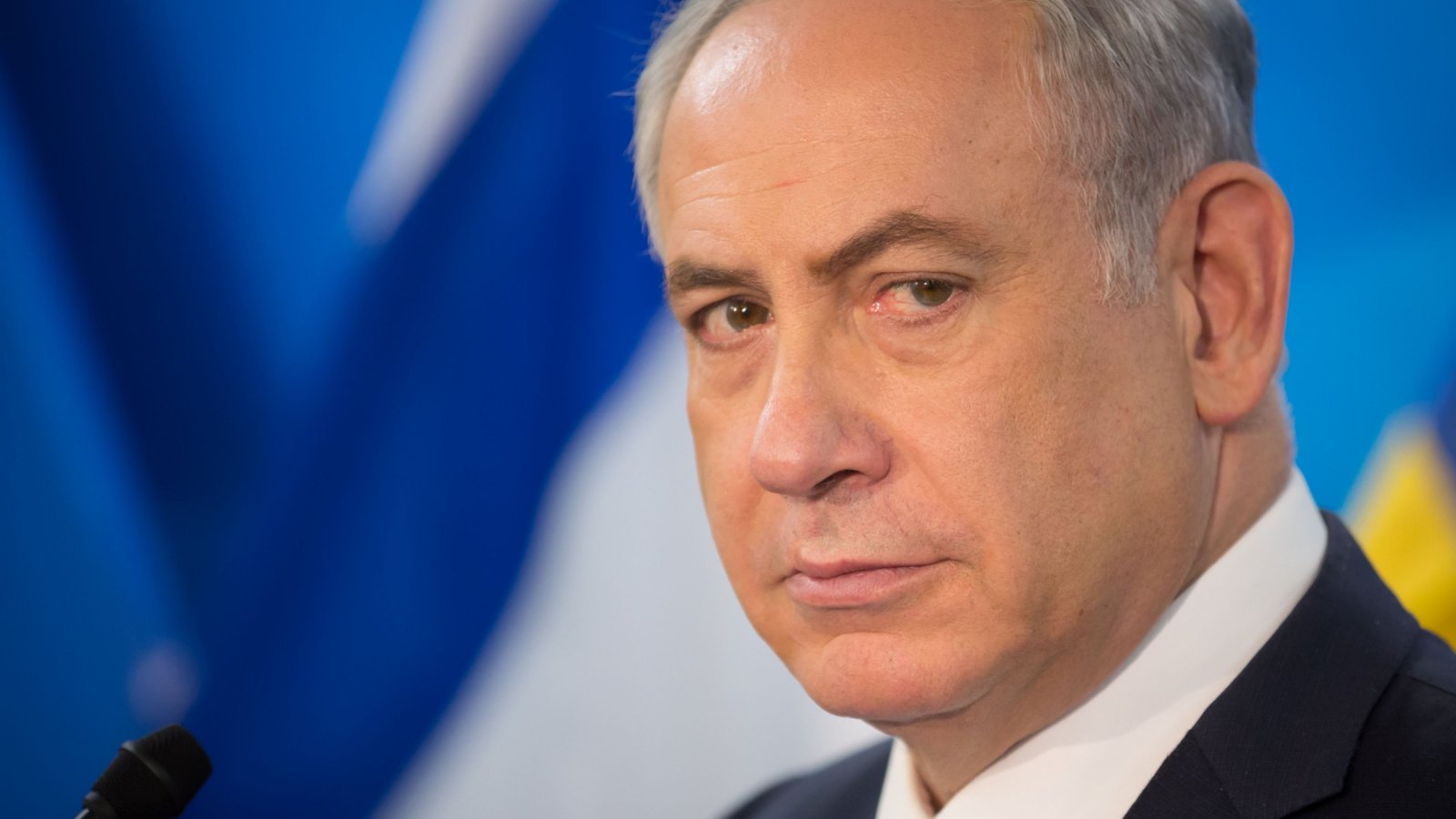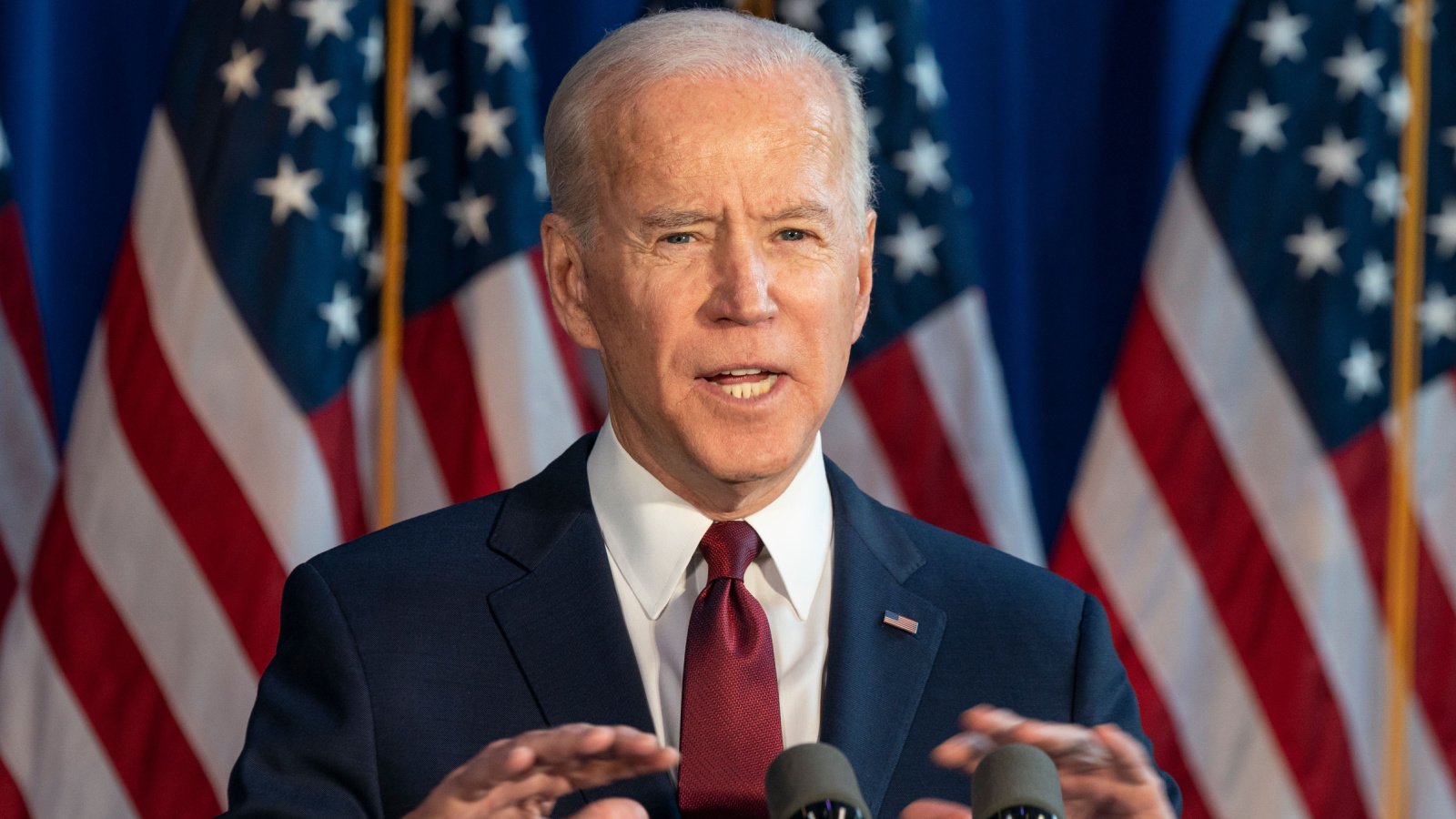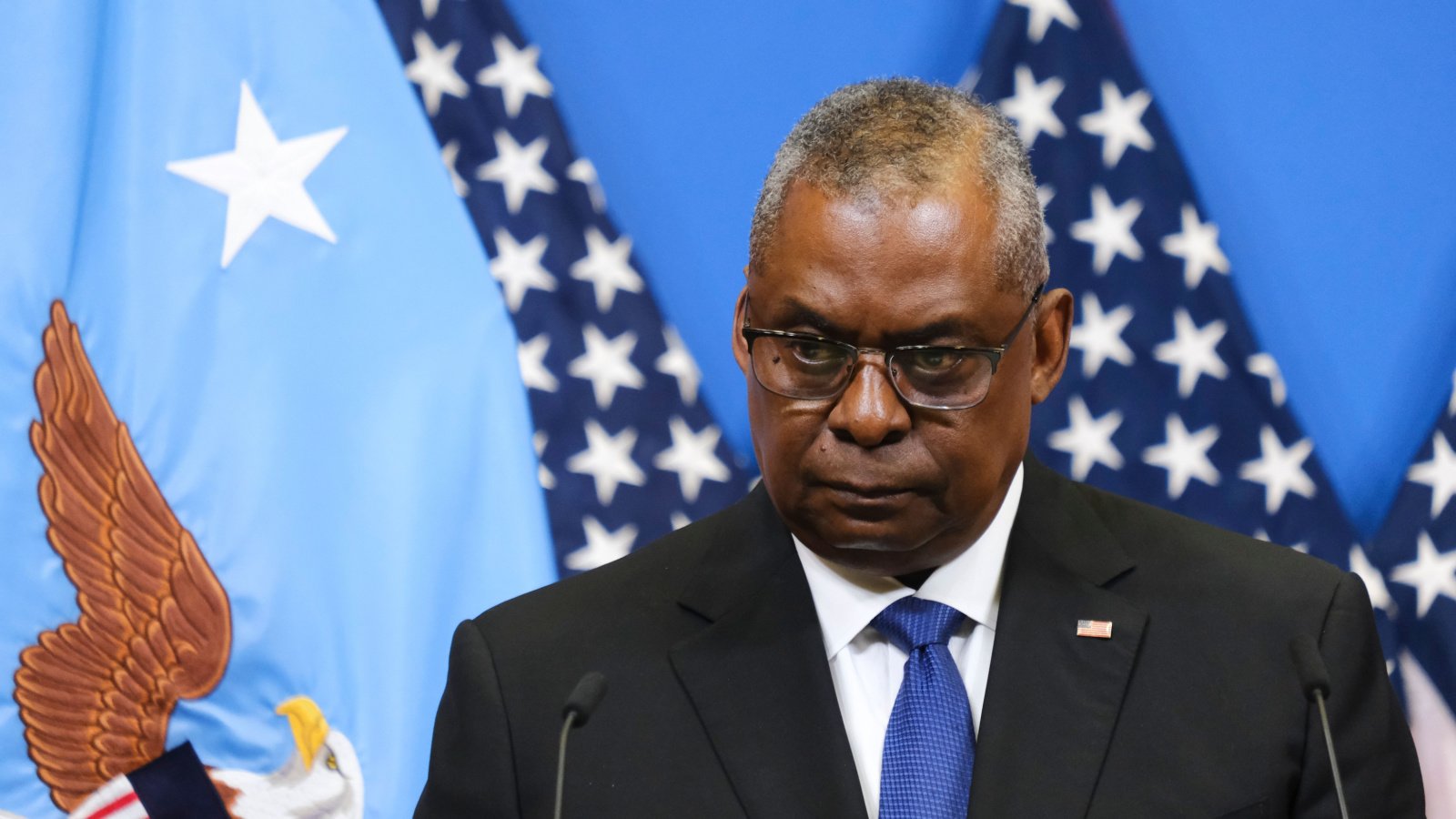Iran claims that an Israeli airstrike hit the Iranian Consulate in Damascus, Syria, killing two Iranian generals and five officers. Iran has vowed to retaliate and is holding the United States responsible for its support of Israel during the past six months of Israel’s war with Hamas.
The United States has confirmed the airstrike originated with Israel, and the U.S. stated it had no prior knowledge of the attack.
The Attack on Damascus
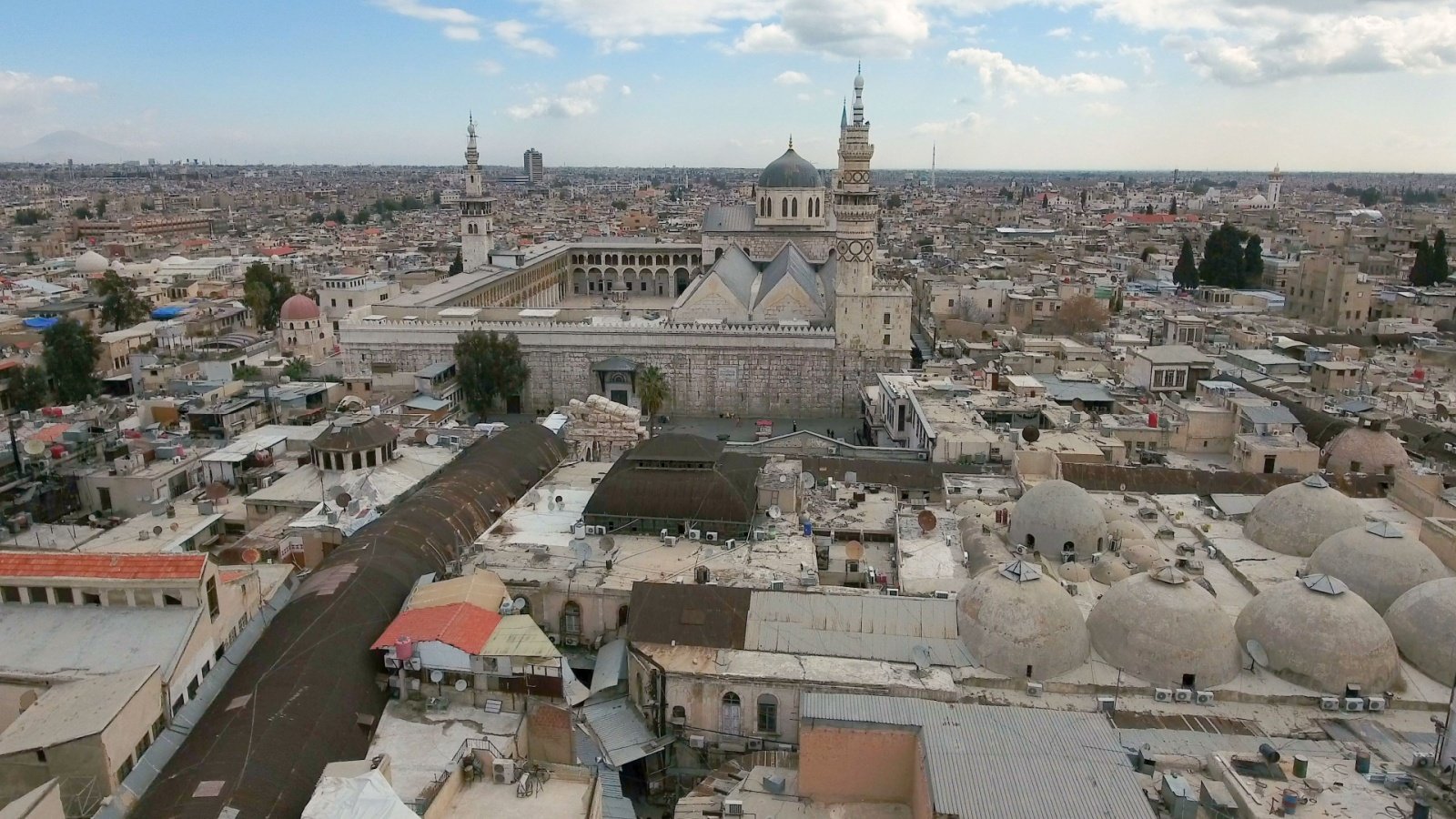
The airstrike, targeting Iran’s embassy in the Syrian capital of Damascus, resulted in the deaths of several Iranian officials. Among the deceased were Mohammed Reza Zahedi, a high-ranking member of Iran’s Revolutionary Guards, and Mohammad Hadi Haji Rahimi.
This event marks a considerable escalation, shedding light on the volatile situation that continues to unfold in the Middle East.
Casualties and Condemnations
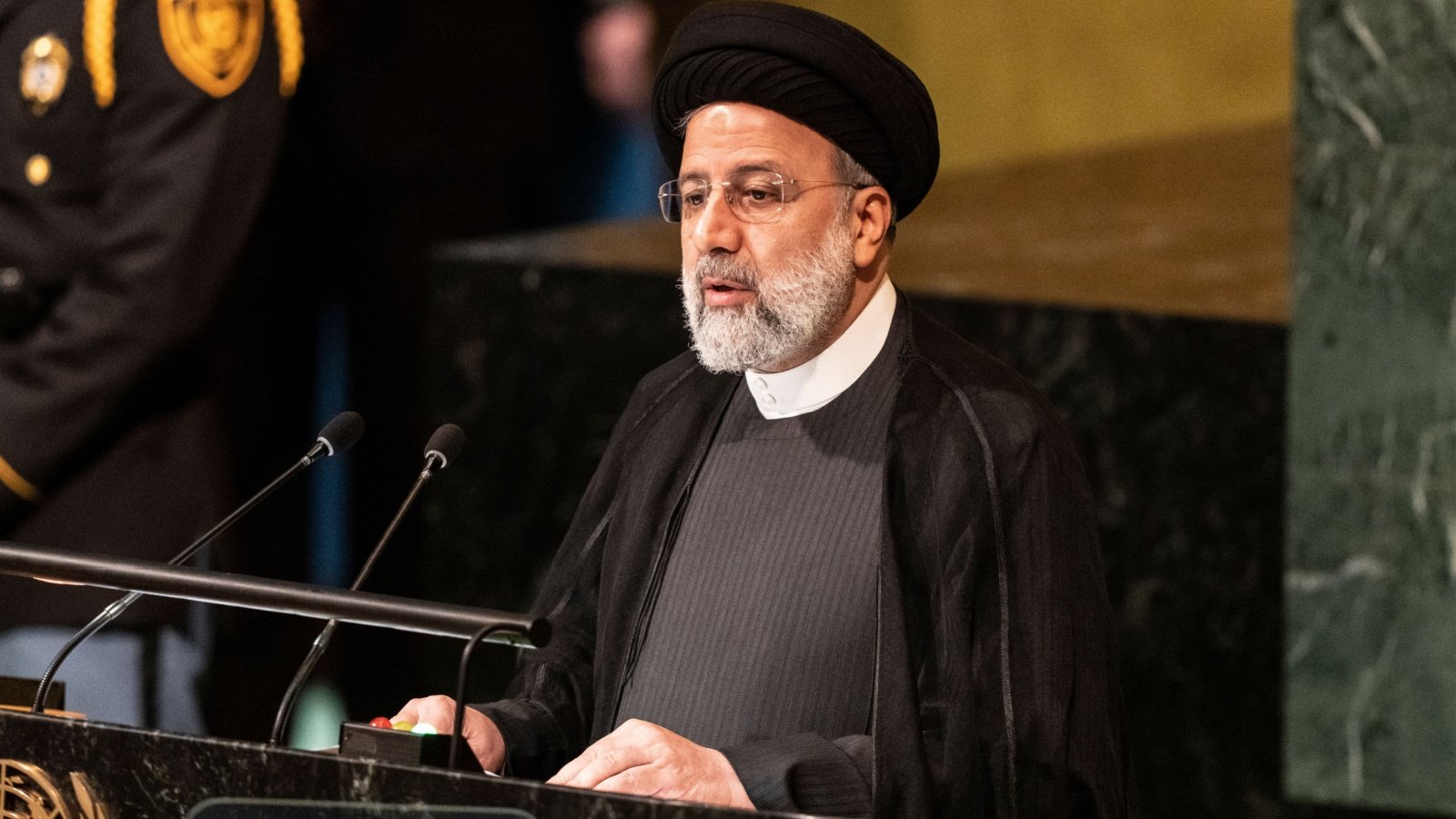
The attack not only led to the death of key Iranian figures but also claimed the lives of six Syrian nationals, underscoring the strike’s lethal impact. Iran’s leadership, including Supreme Leader Ayatollah Ali Khamenei and President Ebrahim Raisi, has issued stern warnings of retaliation, signaling a possible intensification of hostilities.
Hezbollah’s Vow for Revenge
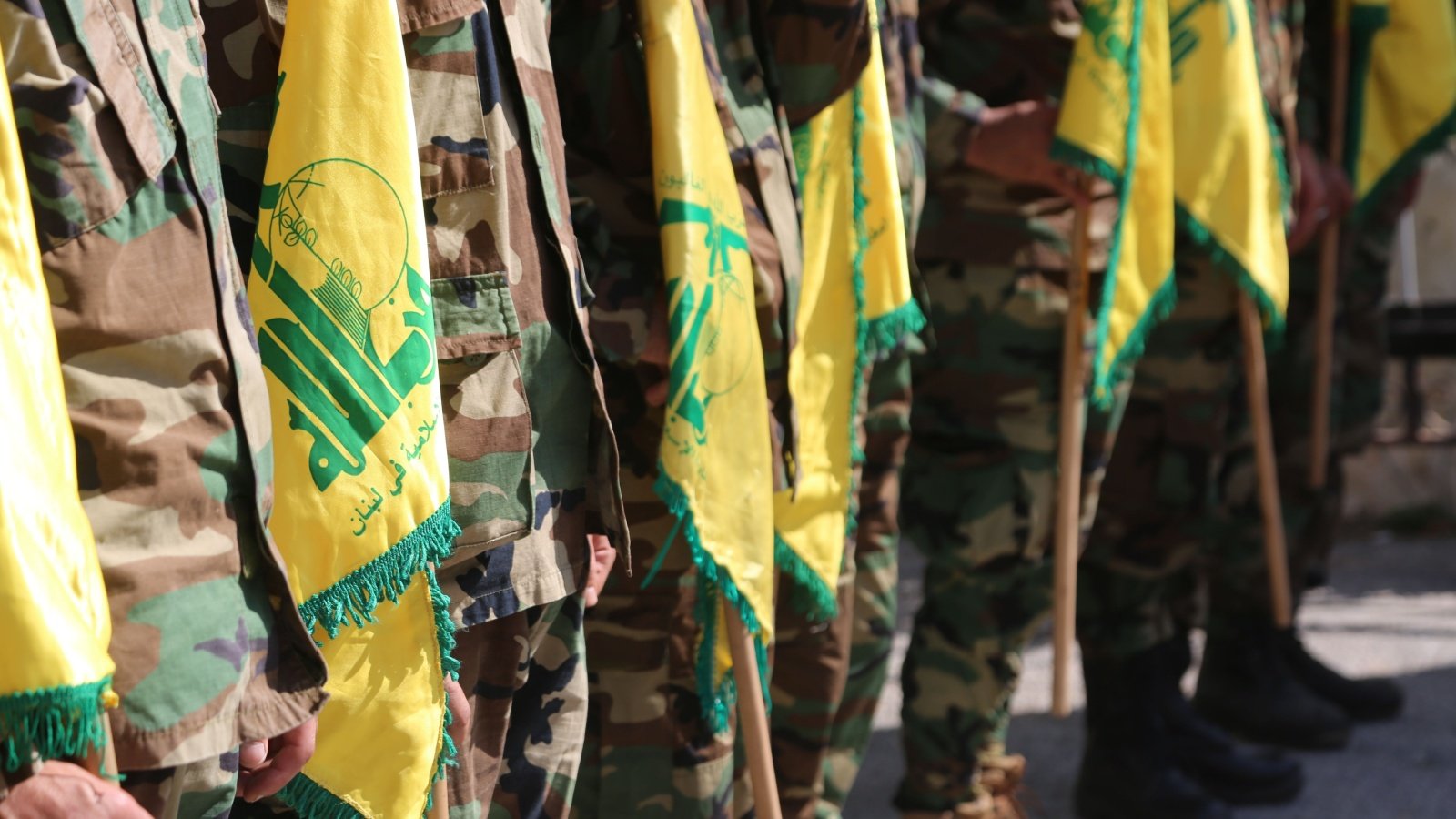
Hezbollah, the Lebanon-based militant group and a staunch ally of Iran has echoed Tehran’s threats, promising “punishment and revenge” against Israel. This stance by Hezbollah hints at the potential for increased militant activities and further destabilization in the region.
The Israeli Stance
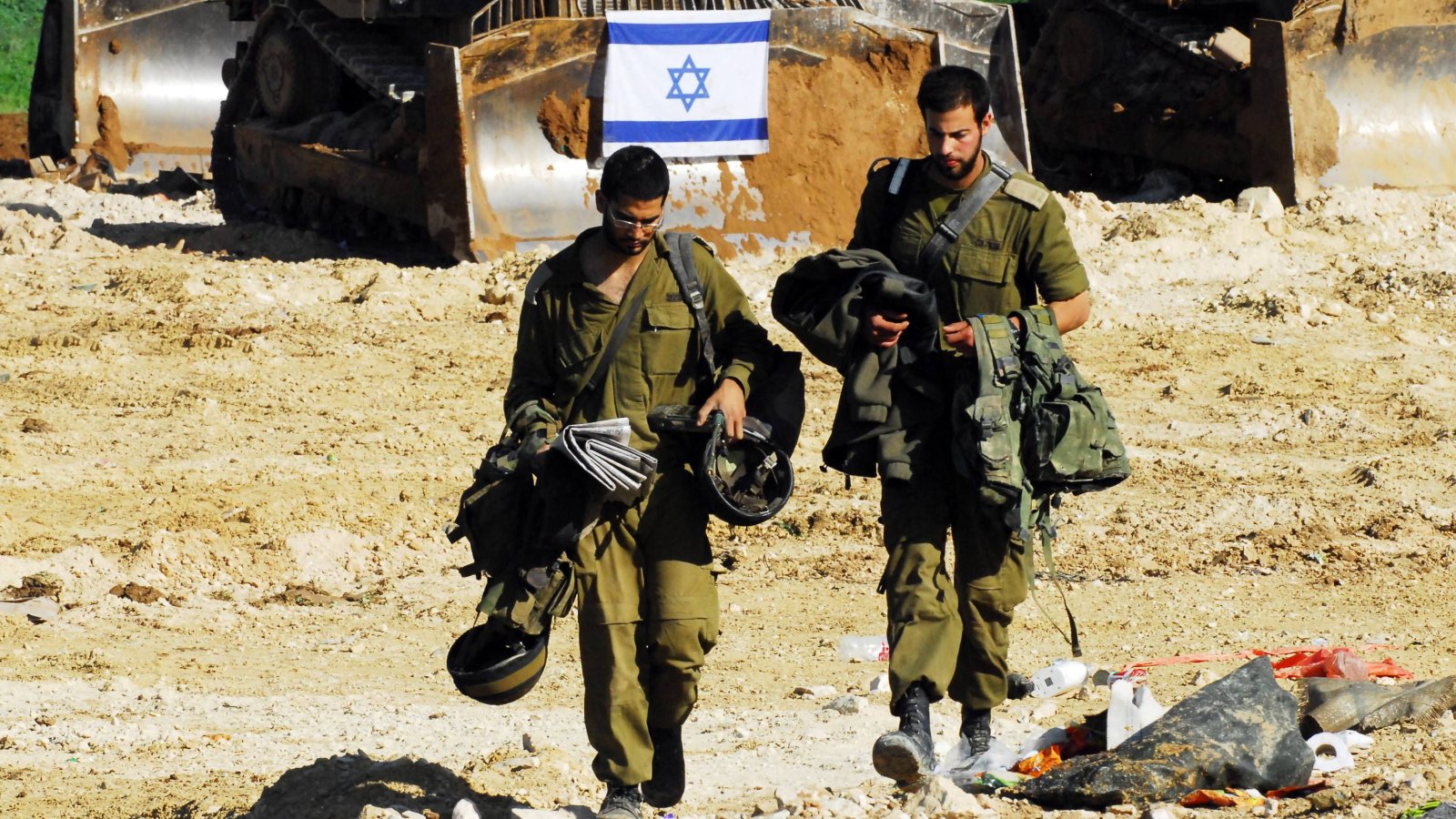
The Israeli military, while refraining from directly acknowledging the strike, suggested that the targeted building was a military facility of the Quds forces disguised as a civilian establishment. This claim complicates the narrative, as the location was in close proximity to the Iranian Embassy, raising questions about the violation of sovereign territory.
U.S. Acknowledgment
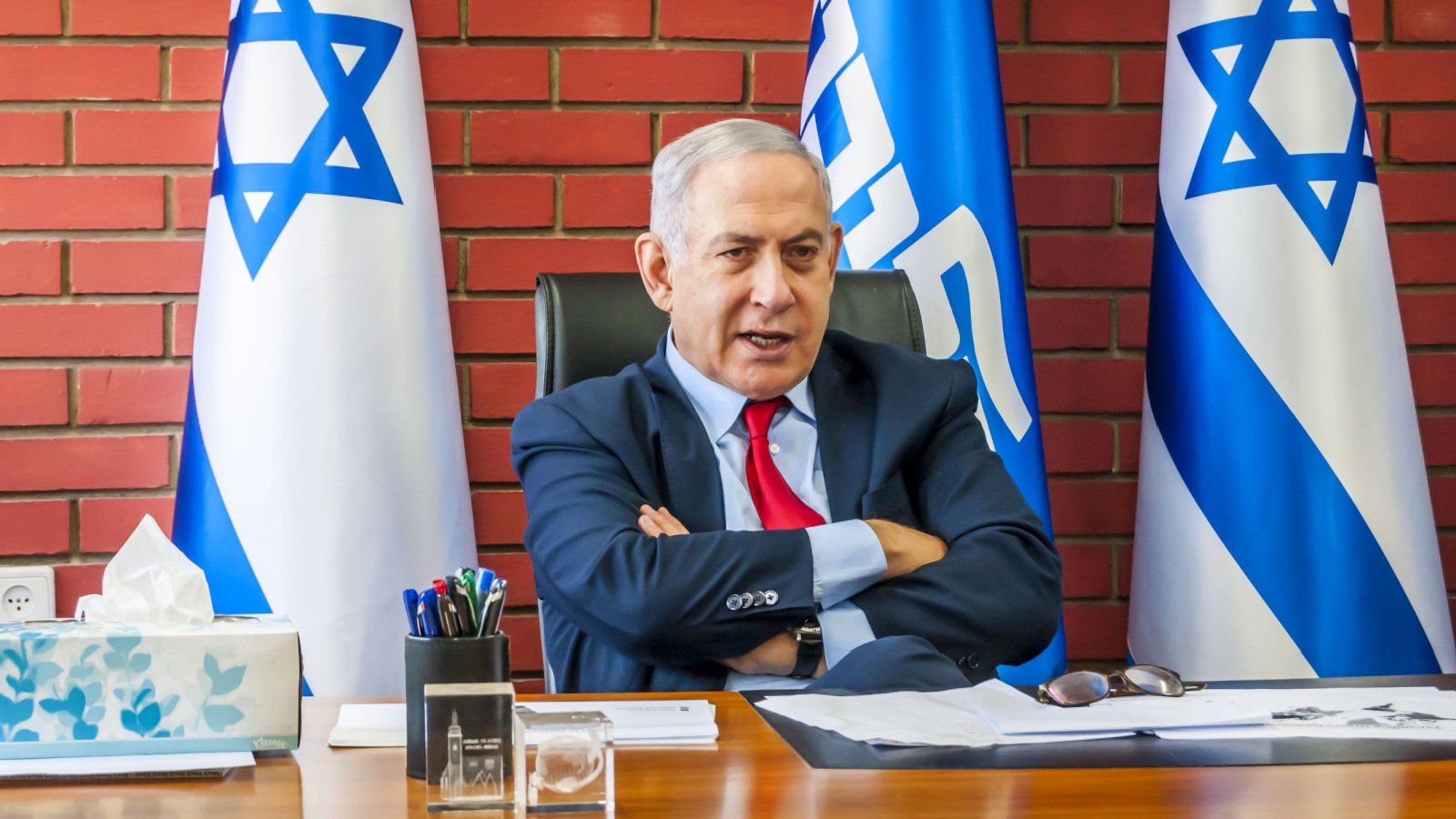
The United States, through the Pentagon’s Deputy Press Secretary Sabrina Singh, acknowledged Israel’s role in the airstrike. This admission implicates the U.S. to some extent, given its longstanding support for Israel, and adds another layer to the complex geopolitical dynamics of the Middle East.
U.S. Arms Sale to Israel Pending
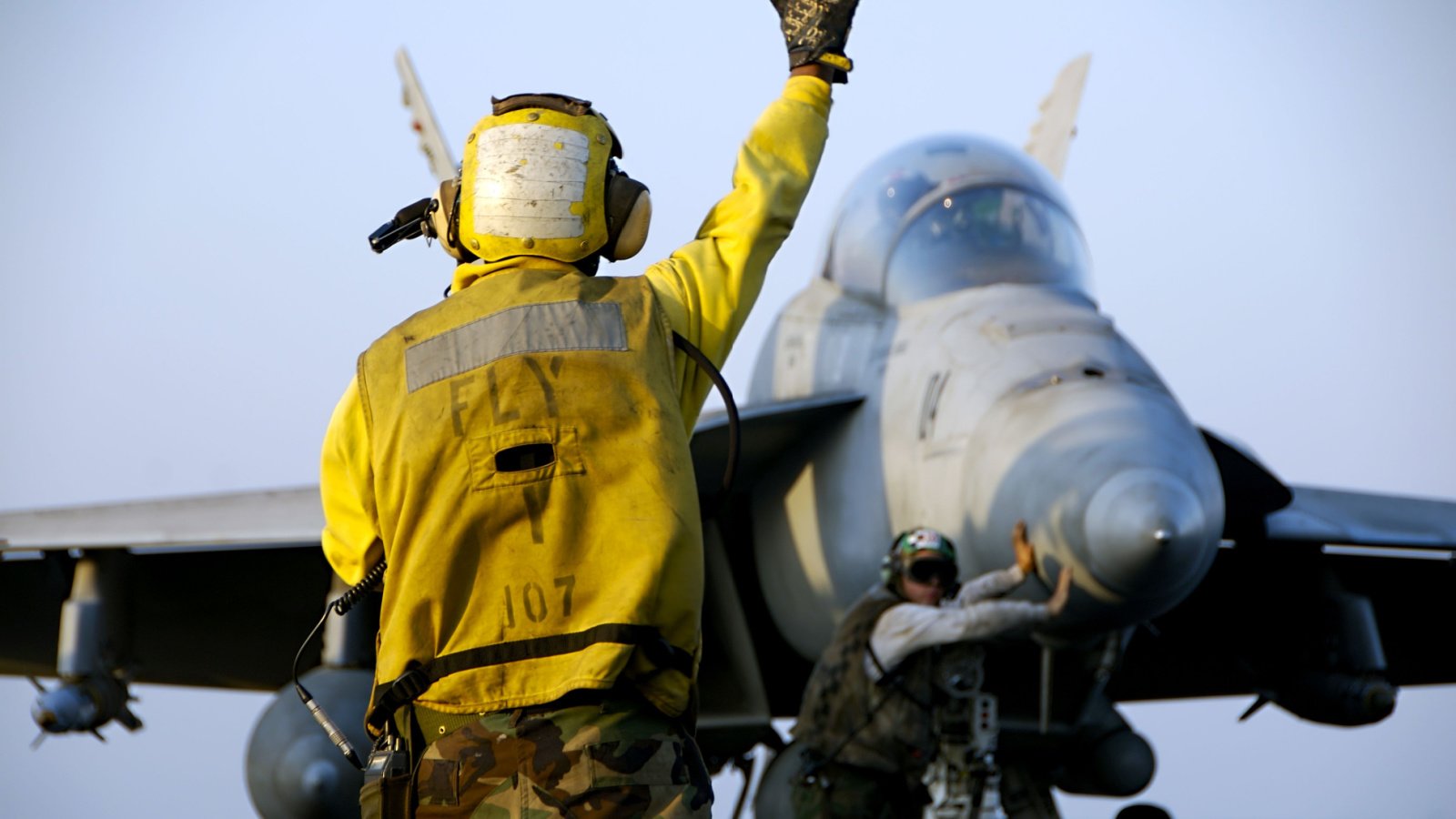
The attack comes at the same time the U.S. is considering a significant arms and capabilities sale to Israel. The sale is already controversial as public tolerance for the humanitarian crisis in Gaza is waning among certain sectors of the U.S. policy-making bodies and electorate.
The Specter of Escalation
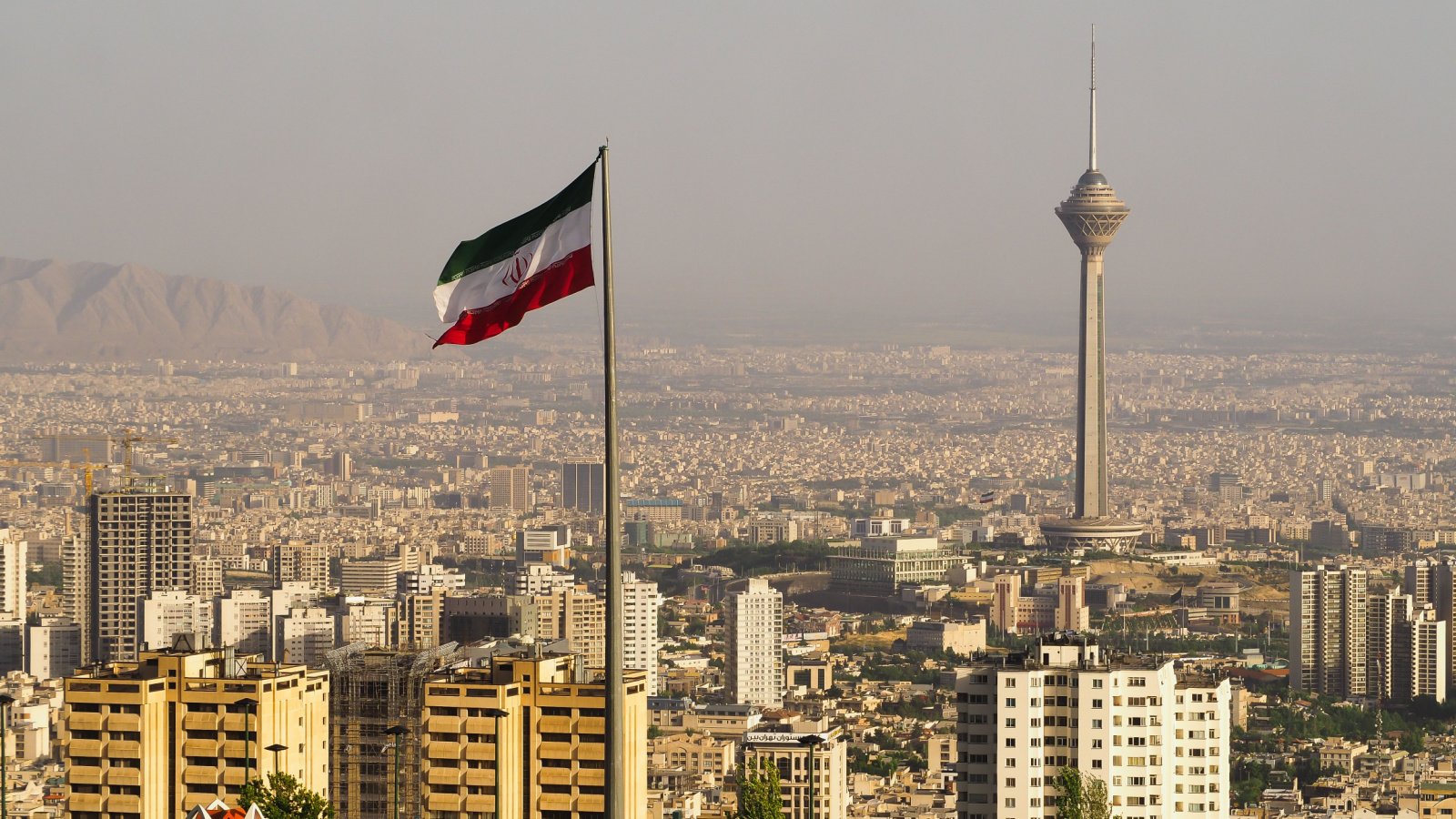
The incident has not only provoked a strong reaction from Iran and its allies but has also stirred fears of a larger conflict. The targeting of a diplomatic facility, considered sovereign territory, represents a significant provocation that could lead to further military and diplomatic confrontations.
Iran’s Threat of Retaliation
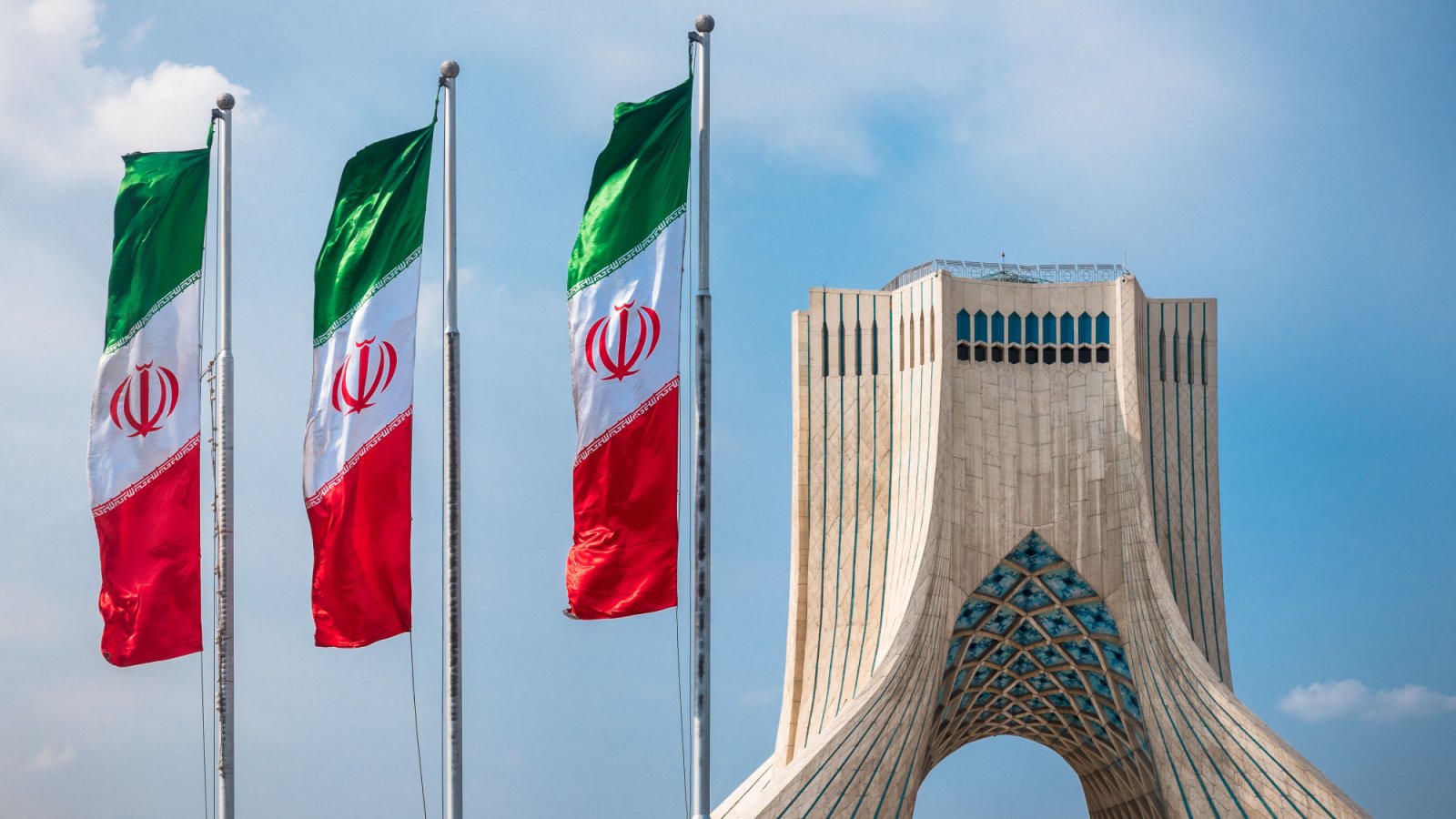
Iran’s leadership has been unequivocal in its promise of a decisive response to the airstrike, with Ayatollah Khamenei and President Raisi stating that the attack “will not go unanswered.” This rhetoric suggests that Iran is considering various options for retaliation, potentially involving its network of proxy groups in the region.
The Role of Proxy Groups
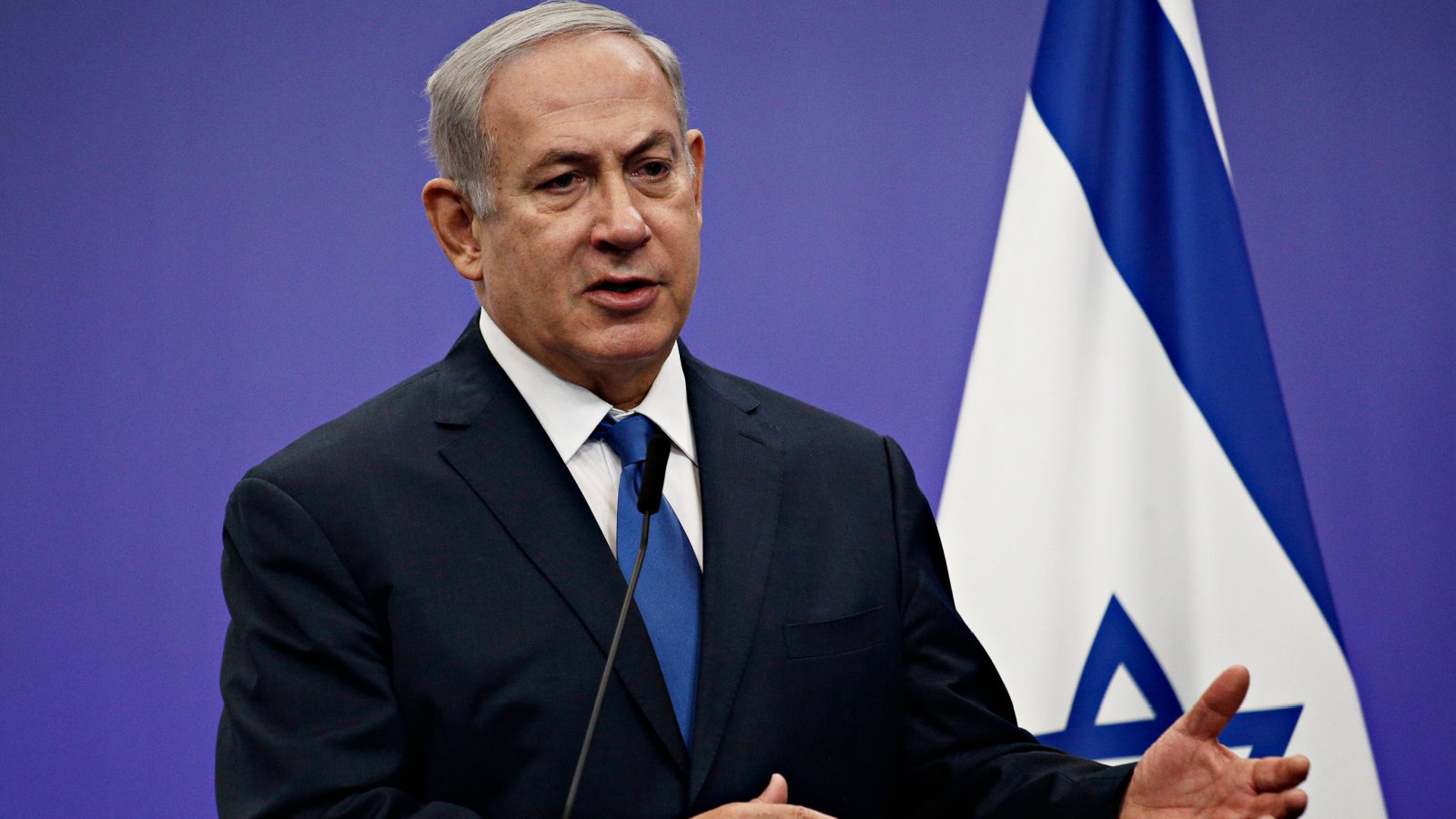
Iran’s history of leveraging proxy forces in conflicts across the Middle East suggests a possible route for its response to the Israeli airstrike. Groups like Hezbollah in Lebanon have historically been instruments of Iranian foreign policy and military strategy.
International Calls for Restraint

The international community, including the United Nations, has called for restraint from all parties involved. The fear is that any miscalculation could lead to a broader conflict with devastating consequences for the region and beyond.
The Human Cost

The airstrike has not only heightened political tensions but has also resulted in significant loss of life. The deaths of Iranian officials and Syrian citizens highlight the human toll of the ongoing conflict in the Middle East.
The death toll, if any key nations were to act decisively and directly upon Israel, Iran, or the U.S., could run much higher and have domino effects the world over due to alliances and obligations to defend partner nations.
The Question of Sovereignty
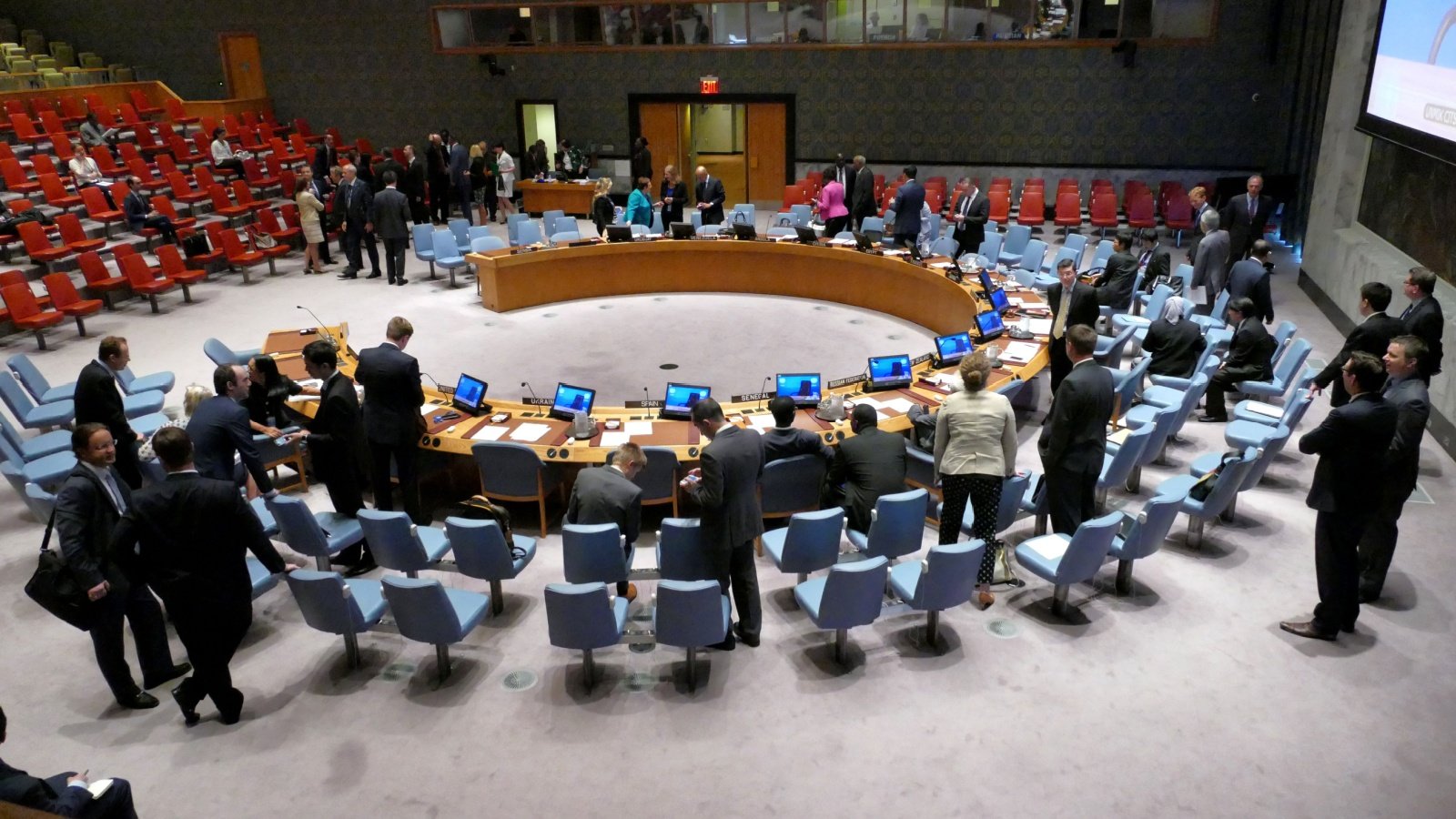
The attack on a diplomatic facility raises critical questions about sovereignty and international law. The targeting of what Iran claims was a consular building underlines the risks of such strikes escalating into wider diplomatic crises.
Potential for Regional Conflict
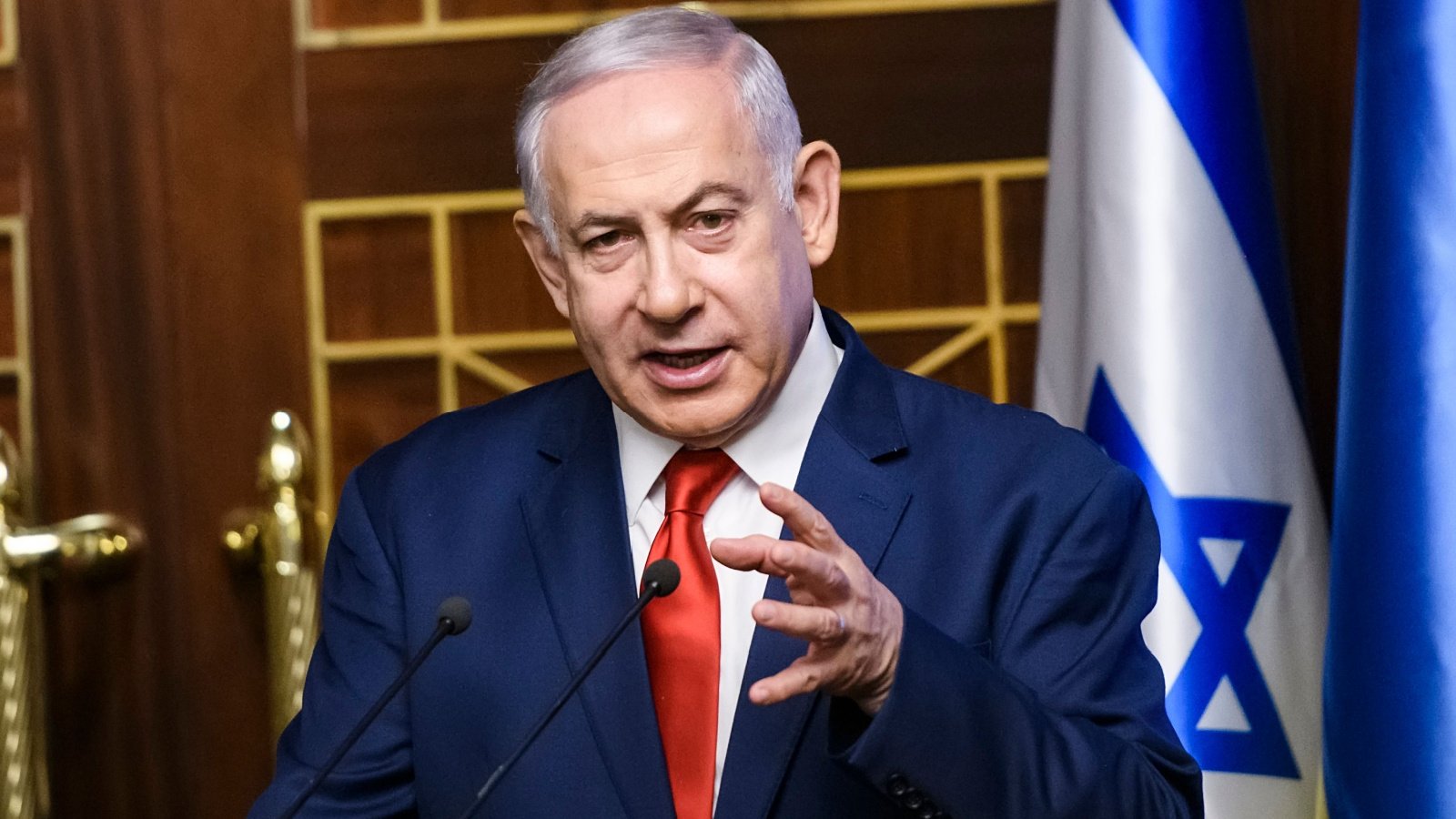
The Middle East stands on the brink of potential escalation, with Iran’s vow of retaliation and the involvement of powerful groups like Hezbollah. The situation remains fraught with the possibility of spiraling into a more extensive regional conflict.
A Tense Future
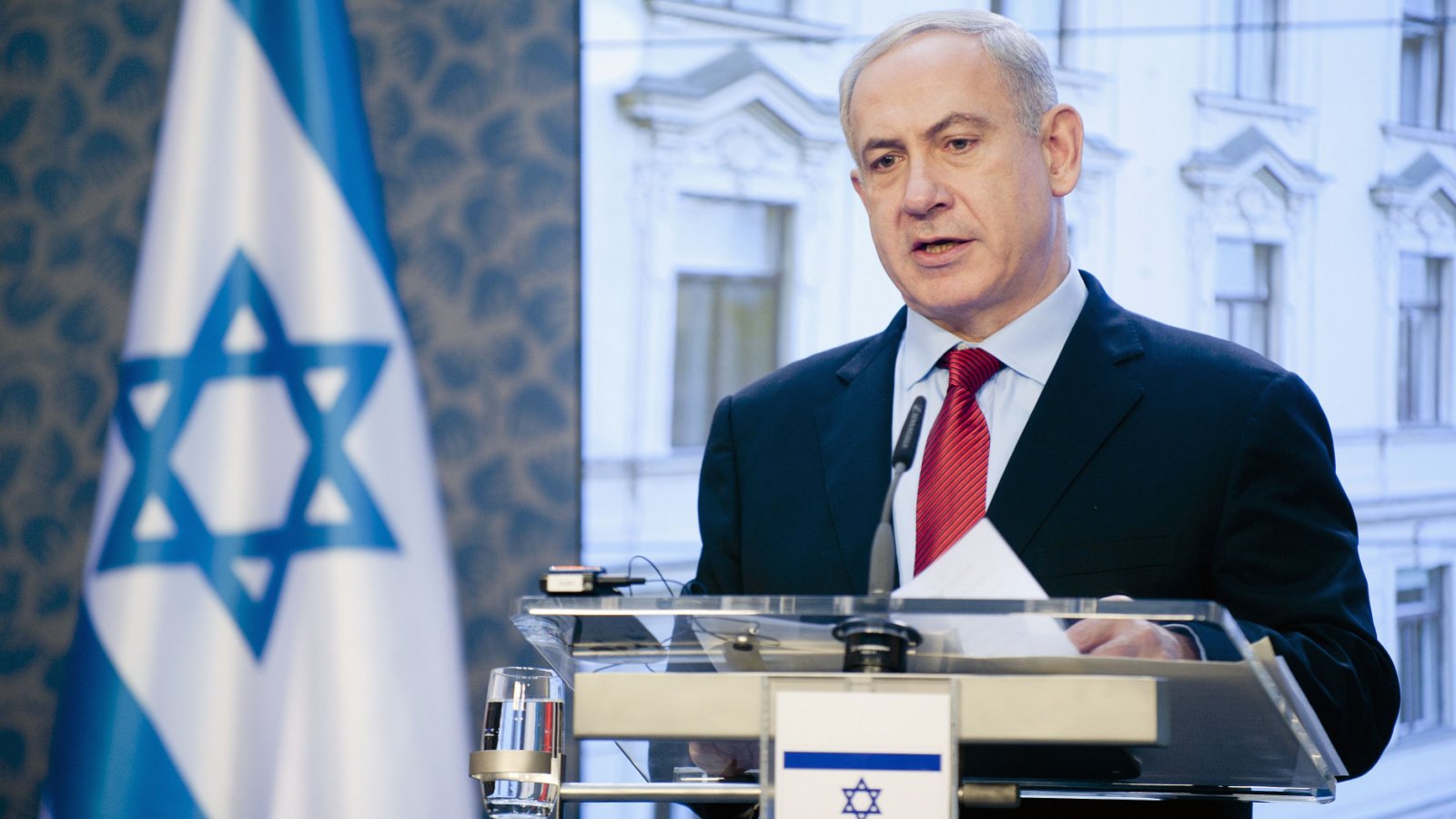
As the dust settles from the airstrike, the future remains uncertain. With Iran promising a “decisive” response and Israel maintaining its stance, the Middle East finds itself at a critical juncture. The international community watches closely, hoping for a de-escalation of tensions in a region already beset by conflict.



